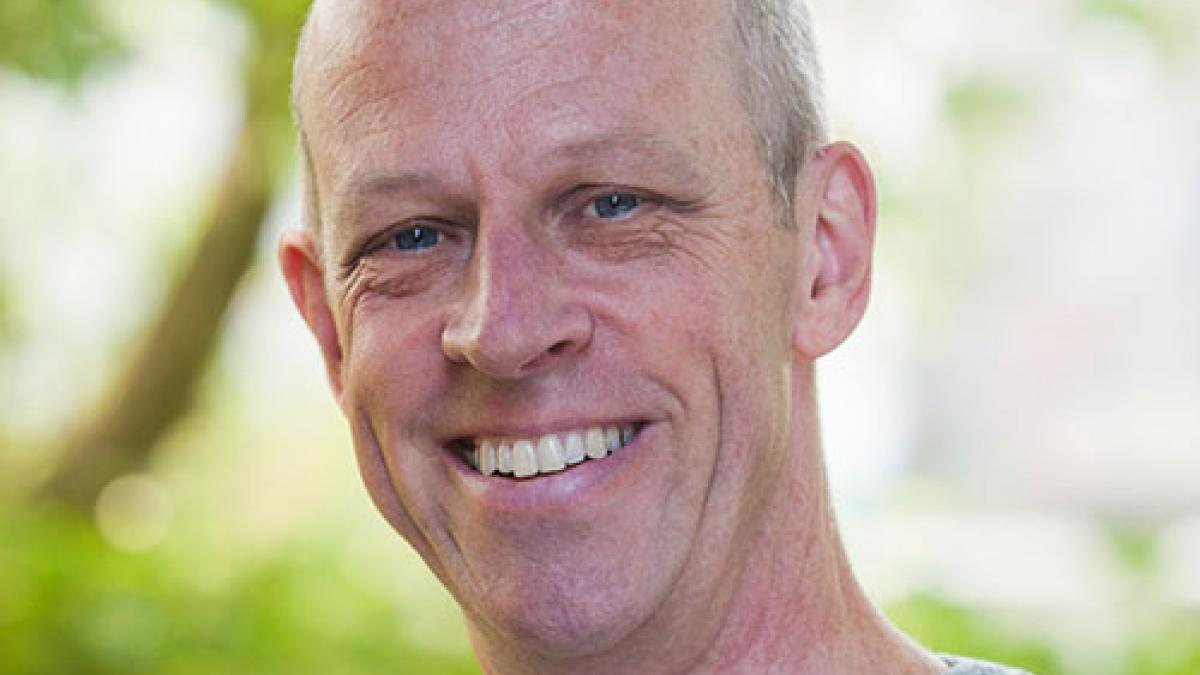A new way for health professionals to access feedback posted on the Patient Opinion website has revealed exceptionally positive results for physiotherapy.

James Munro: Staff who read Patient Opinion say it changes their relationship with their patients in very positive ways
The independent feedback platform for health services has created ‘tag bubbles’, which link to opinions about particular aspects of healthcare.
James Munro, chief executive of Patient Opinion, told Frontline that the aim is to create an easy way to find information from among the 150,000 comments by patients about their experiences of healthcare.
The physiotherapy tag bubbles, for instance, link to feedback on a wide range of areas, such as exercises, information, advice and professionalism.
Mr Munro said: ‘Many of the tag bubbles have lots of positive tags and then a small group of quite negative tags as well.
‘But the physiotherapy ones show much more positive comments than with the others I’ve seen.’
He said this was surprising and added: ‘I don’t know why that is, but probably the answer will be found by reading the stories – and that is what people should do.’
The idea for the bubbles was two-fold. In addition to making it easy to see top-level information about a broad range of current issues, Patient Opinion wanted to give users a way to navigate to the detailed stories that people tell about those issues.
‘So for the physiotherapy tag bubbles, there might be an issue around waiting times,’ said Mr Munro. ‘We wanted to make it easy to see that, how important that issue is, what people are feeling about it.’
Small things matter
While Patient Opinion has created the initial tag bubbles, subscribers – typically healthcare organisations – can create their own.
The initiative is fundamentally about seeing health services through the eyes of the patients, according to Mr Munro.
‘What I have learned from reading stories on Patient Opinion over the past 10 years is that what clinicians often call the small things are actually the big things,’ he said.
‘The way you are spoken to, the information you are given, just the touch of a hand, a smile, all sorts of human aspects of care that actually mean an enormous amount.
‘And to some degree they are also related to people’s ability to get well, keep motivated and retain hope in their condition.’
Find Out More
Number of subscribers: 0



































